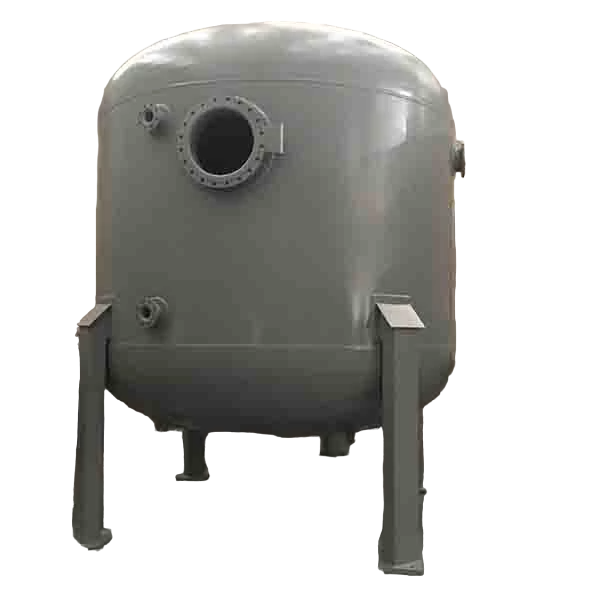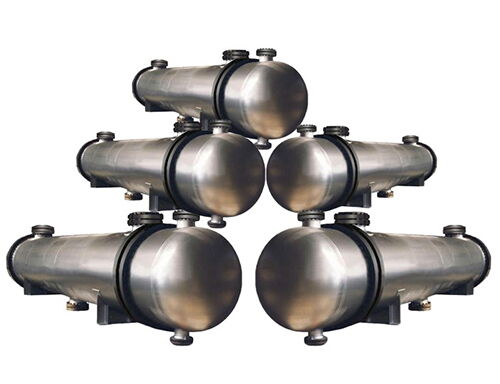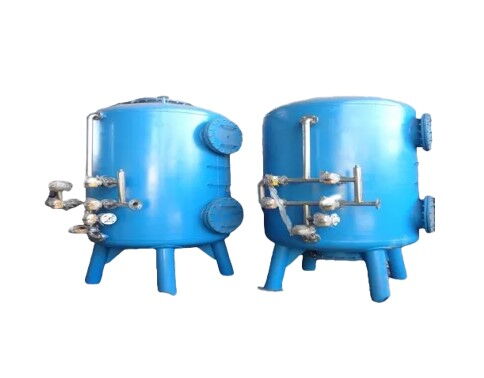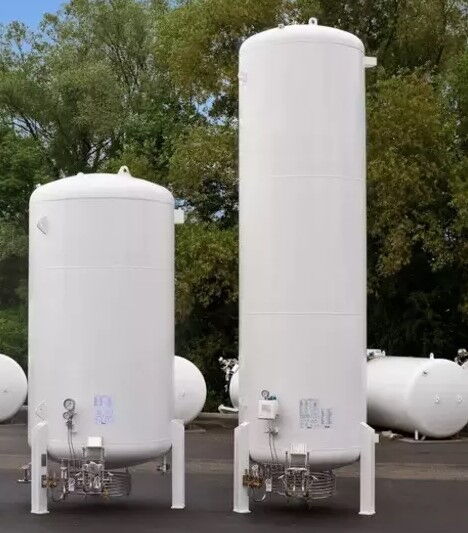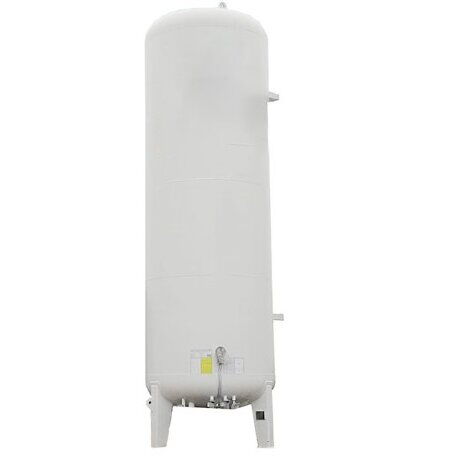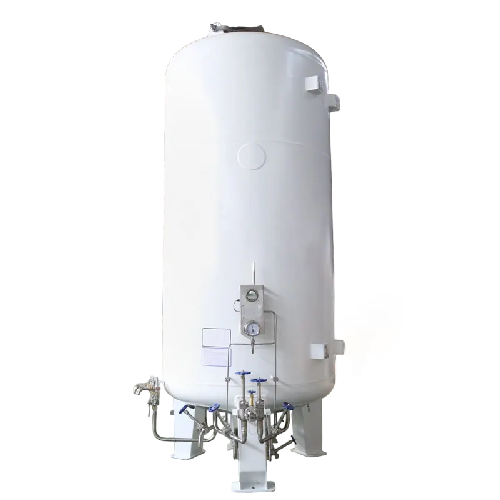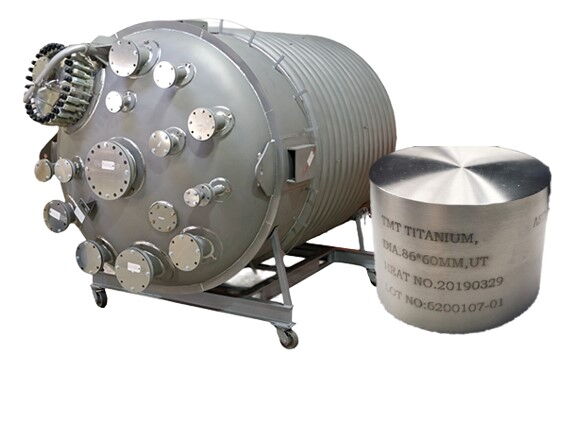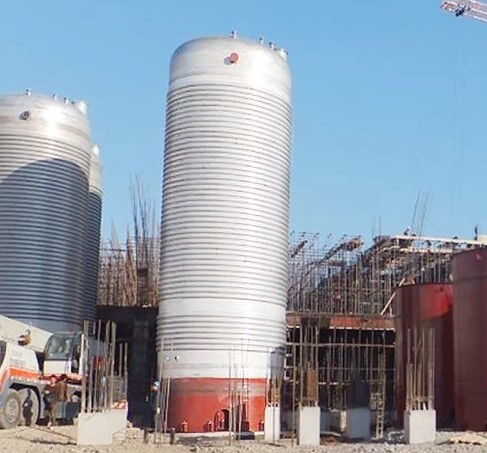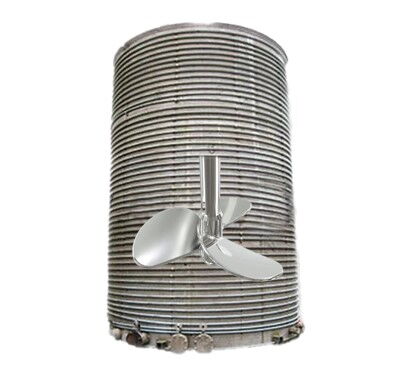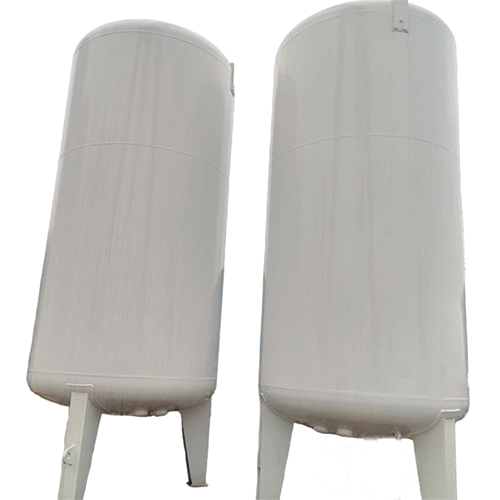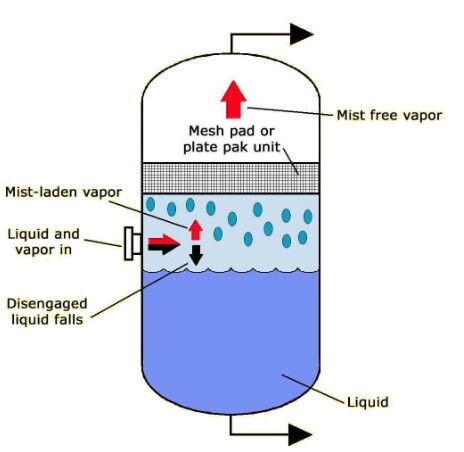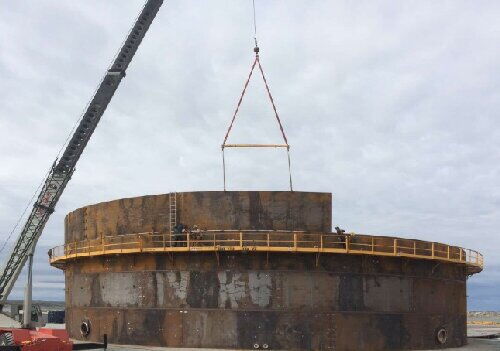When to Replace Filter Media in Multi-Media Filters?
Multi-media filters are essential in the field of water treatment, effectively removing impurities and contaminants from water to ensure it meets quality standards. However, as the filters are used over time, the performance of the filter media may decline, affecting the filtration efficiency. Therefore, regularly determining whether the filter media needs replacement is key to ensuring filtration efficiency. Below are some indicators and methods for assessing the need for filter media replacement,...

